As awards season drags on, one film has become a lightning rod for criticism: Peter Farrelly’s racial drama Green Book. After winning three Golden Globes (including Best Picture), a bevy of problems have arisen with the film that the Internet just can’t let go. What’s the problem with a film that on its surface appears to be as inoffensive as they come?
The N-word incident
The firestorm began several months ago at a Q-and-A for the film, in which lead actor Viggo Mortensen was quoted as saying, “Nobody says n***** anymore” in response to a question about racial sensitivity, using the full word himself. He was immediately criticized by many in the community for the gaffe, including co-star Mahershala Ali, who later publicly forgave Mortensen after a quick apology. What seemed like an honest mistake that might have blown over has since become an epitome of the overall problem with the film: white filmmakers’ inattention to racial issues plaguing black Americans, whether big or small. Sure, we all knew Mortensen didn’t mean to be hateful with his use of the word, but as he later stated in his apology, the word carries a lot more weight than non-black people realize and can trigger unpleasantness. If only this were the extent of the controversy, however…
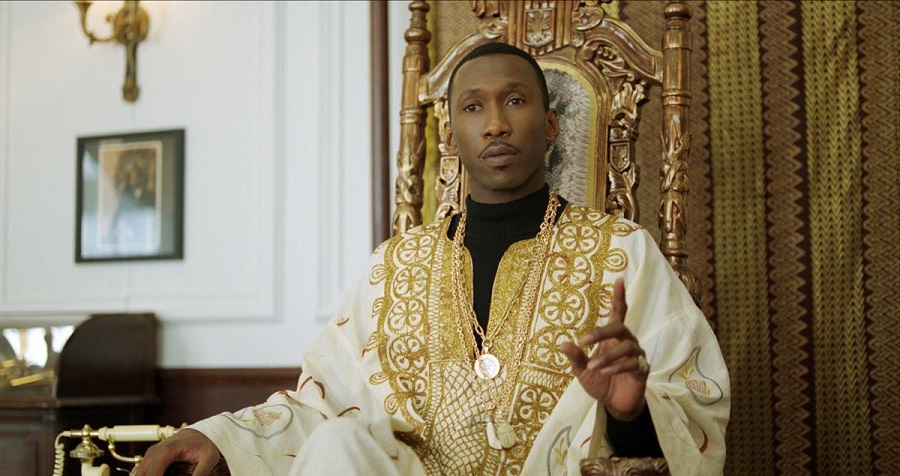
Shirley family speaks out
After the film’s premiere, members of Dr. Don Shirley’s family went public with complaints about the historical accuracy of the film and its depiction of their (now-deceased) relative. They took issue with the film’s depiction of him as a posh, snobby elitist who had never so much as sniffed a bucket of fried chicken in his life. Furthermore, they found the majority of Shirley’s relationship with Tony Lip in the film to be a fabrication, saying Shirley considered Tony an employee and nothing more. The insinuation that they were “lifelong friends” was allegedly an outright lie. This caused Shirley’s portrayer, Mahershala Ali, to apologize for the depiction, claiming that he was unaware that Shirley had any surviving relatives during his research for the role. It’s hard to say who the blame rests with: Ali for failing to do his due diligence in preparing for the role, or the writers for failing to identity Shirley’s ancestry properly. In the film they suggest that he has no family whatsoever and is sort of adopted by the Vallelongas. If Shirley had a family of his own after all, that makes things even more troublesome.
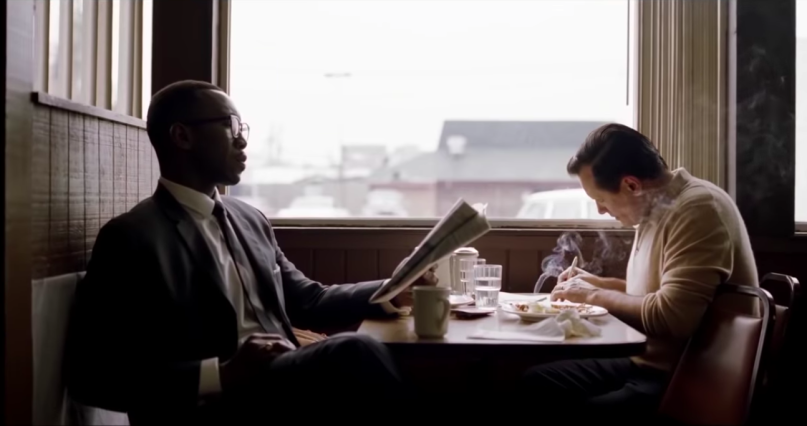
Farrelly’s past misconduct
Things quieted down for a bit until after the Golden Globes, when the Internet started doing what it does best: unearthing old dirt on people in powerful positions. Old stories began to resurface surrounding writer-director Peter Farrelly, notably a prank on the set of There’s Something About Mary in which he flashed his genitals to unwitting cast and crew members (including a then-unknown Cameron Diaz). Most parties involved wrote off the incident as playful hazing and not a sexually-aggressive move, but in the wake of the #MeToo era, such conduct is especially scrutinized. Farrelly quickly issued an apology of his own, stating that he was “a different person” back then…a statement you’d expect from someone who fooled around in their twenties, not a man who was in his forties at the time. Regardless, this alone might not have been enough to sink the film, but that still wasn’t the end of it…
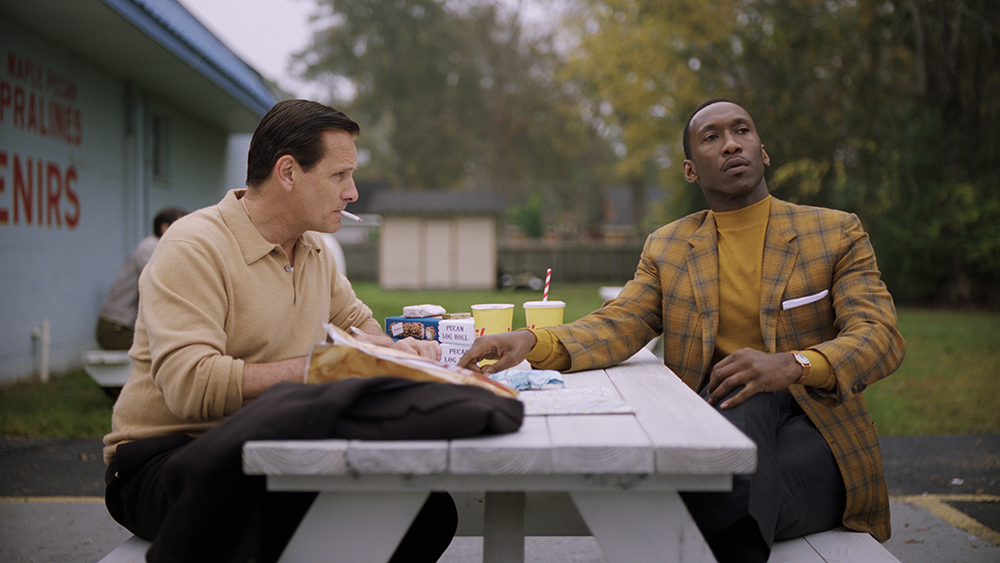
Writer’s tweets resurface
One of the writers on the film is the real-life son of main character Tony Lip, Nick Vallelonga. In addition to perpetuating the Shirley family’s complaint that the film only tells Tony’s point-of-view, Nick’s own personal life came under scrutiny when his old tweets emerged supporting Donald Trump’s erroneous claim of Muslims cheering in the streets of New York when the Twin Towers fell on 9/11. Vallelonga has yet to respond to the discovery, instead deleting his Twitter and opting out of attending tonight’s Critics’ Choice Awards (where he is again nominated for Best Screenplay, which he won last week). I’m not saying that his questionable beliefs are proof that the Vallelongas have twisted their family’s historical stance on racial bias, but man, it sure doesn’t help their cause either.
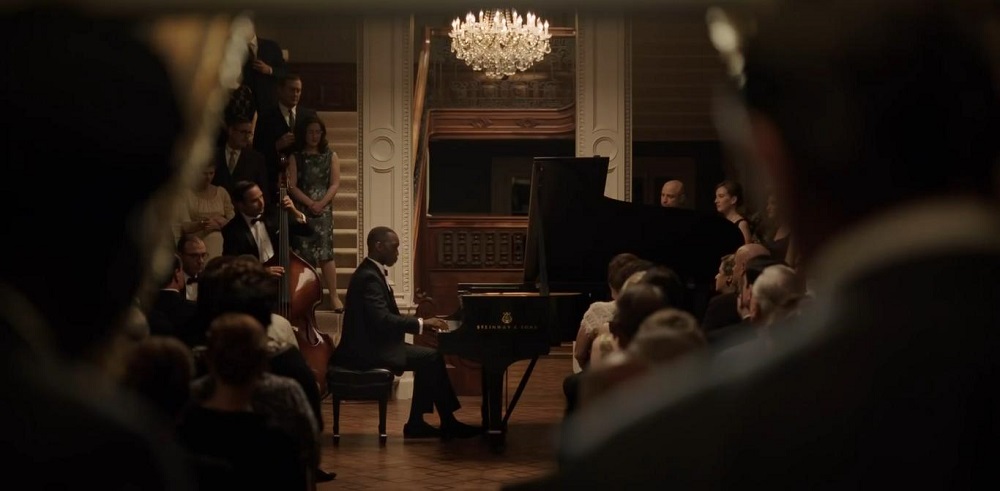
White savior complex
The main point of contention, on top of all these minor quibbles, is the overall thematic message of the film and how it has resonated with audiences. In a year with so many powerful films from black filmmakers about the black experience, from BlacKkKlansman to Black Panther to Blindspotting to Sorry to Bother You to Bodied to The Hate U Give and more, why are we only propping up the white filmmaker’s take on race relations? The film hasn’t even done that well in the box office; the most likely reason it’s getting awards attention is that mostly-older, mostly-white industry voters find it pleasing and back-patting enough to satiate their racial guilt. Of course people like Peter Farrelly and Nick Vallelonga have the right to make films that speak to their own experiences, but voters don’t seem to understand that propping such films up as the cream of the crop sends a poor message about themselves. While the craftsmanship and acting of the film can be praised and I don’t blame anyone who enjoyed the film (I mostly liked it myself), awards mean a whole lot more than just camerawork and performances. It is an eternal reflection of a moment in time for Hollywood (and society). There’s a reason people look back at past Oscar winners like Dances with Wolves and Driving Miss Daisy and cringe at how tone-deaf Hollywood can be. Green Book could easily join such ranks if it wins Best Picture this year.
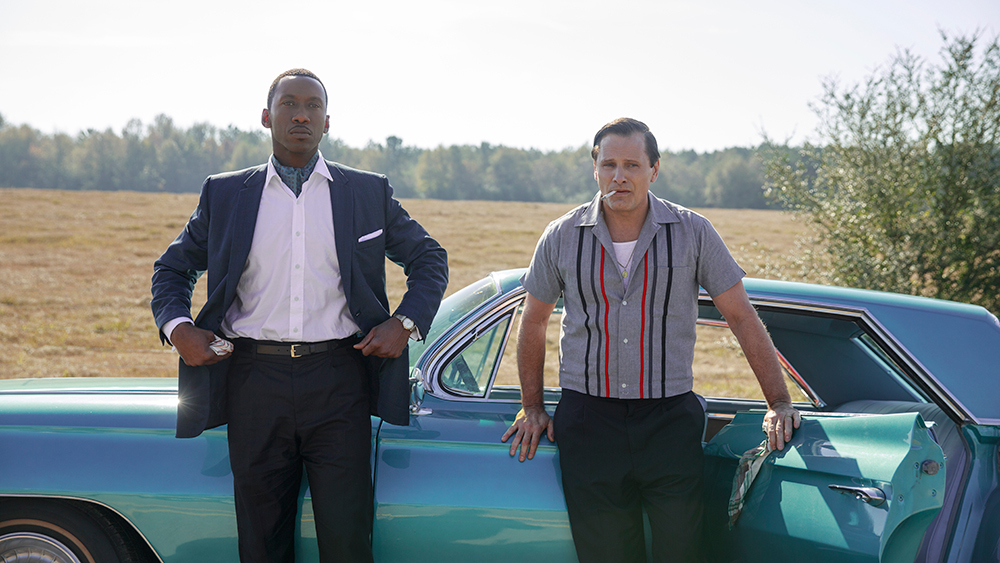
Conclusion
I’ll reiterate that I don’t begrudge anyone who enjoyed the film. If you want to cherish it and watch it over and over in your own home, be my guest. But to throw accolades at it and suggest that it’s the best film that 2018 has to offer is egregious to me. I personally am not fond of the mudslinging and muckraking that is so common on social media these days, and I don’t think any of the minor controversies on their own should preclude the film from participating in future awards shows. But the film represents something about white America that I’m not sure we want it to. Whatever your stance on the Oscars, we would all do well not to see such a tone-deaf movie pick up Hollywood’s greatest honor this February.
-Austin Daniel
All image rights belong to Participant Media and Universal Pictures.
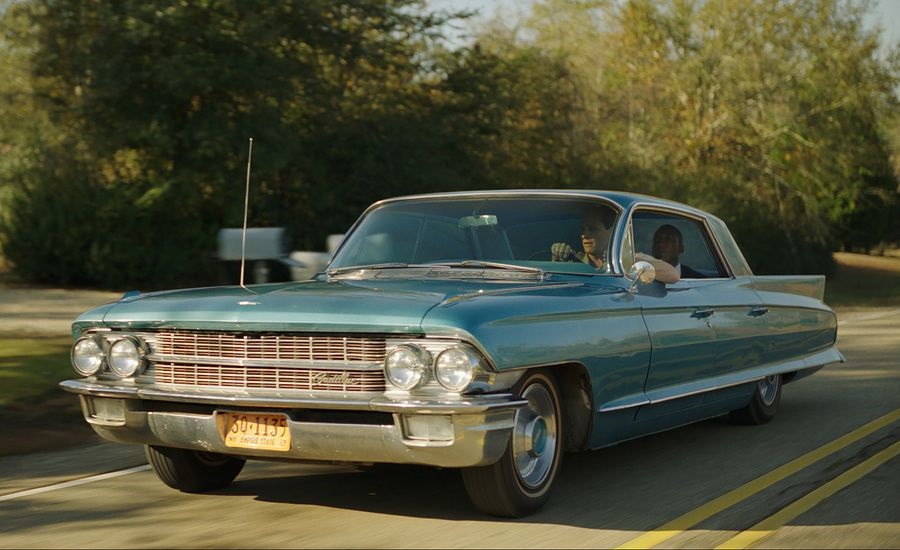
2 thoughts on “The ‘Green Book’ Controversy, Explained”